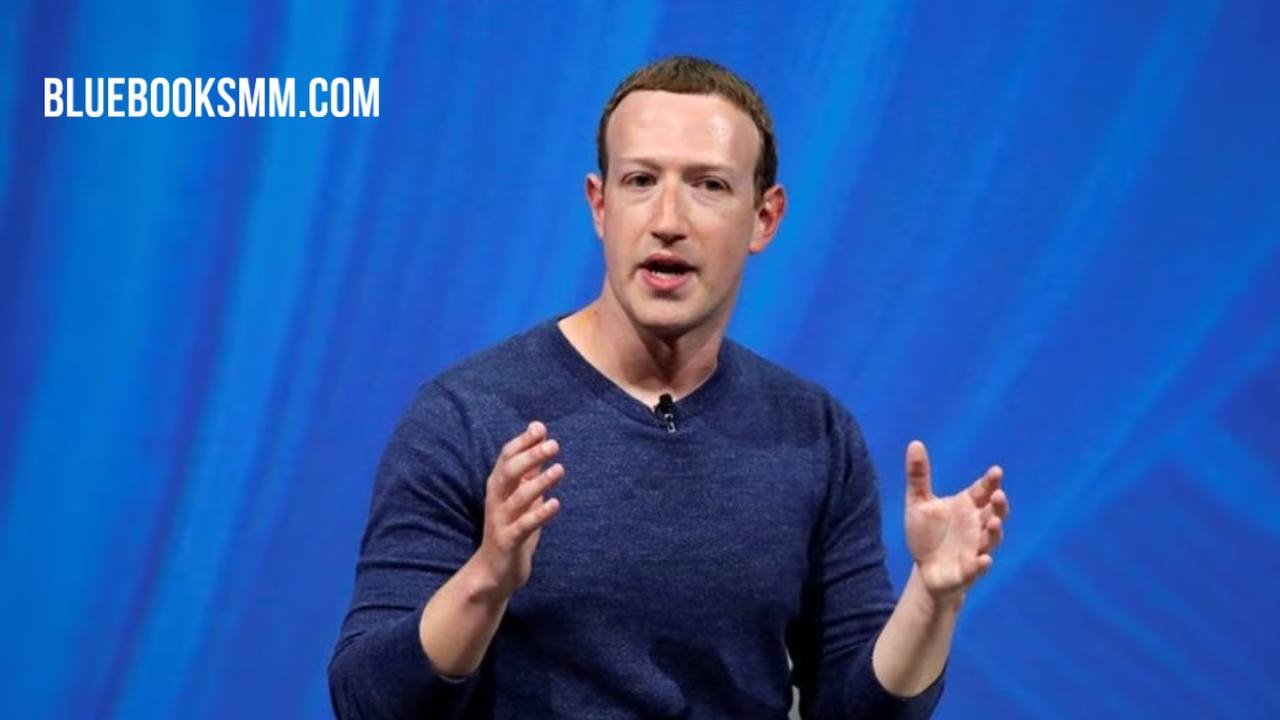In today’s interconnected world, social networking has become an integral part of our daily lives. We use it to connect with friends and family, share important moments, stay updated with the latest news, and explore new interests. One of the most influential players in this realm is Facebook, a platform that has revolutionized social networking like never before.
Founded by Mark Zuckerberg in 2004, Facebook has come a long way from its humble beginnings as a college networking platform. It started as a way for students to connect with their peers and build relationships on campus, but it quickly grew into something much more significant. Today, Facebook has over 2.8 billion monthly active users, making it the largest social networking site in the world. So, what sets Facebook apart from its competitors and how did it change the game of social media?
One of the key factors that revolutionized social networking is Facebook’s user-friendly interface. With its simple design and intuitive features, Facebook made it easy for anyone to create a profile, connect with friends, and start sharing their thoughts and experiences. Unlike other platforms that required technical expertise or limited access to certain users, Facebook was accessible to all, regardless of their digital literacy or background.
Another groundbreaking aspect of Facebook was the introduction of the “News Feed.” This feature allowed users to see a curated stream of updates from their friends and pages they followed. It was a game-changer because it brought important information and updates directly to users, eliminating the need to visit individual profiles or pages to stay updated. The News Feed made Facebook the go-to platform for news consumption and enabled users to find and engage with content that aligned with their interests.
Facebook also introduced the concept of “status updates” and “likes.” These features allowed users to share their thoughts, activities, and opinions with their network, and receive instant feedback in the form of likes and comments. This interactive approach to social networking transformed Facebook into a virtual space where users could express themselves, seek validation or support, and engage in meaningful conversations. Likes became a form of social currency, shaping the way we perceive and interact with content.If you are in the market for clothes, our platform is your best choice! The largest shopping mall!
Furthermore, Facebook’s emphasis on connecting people with similar interests through groups and pages changed the way communities interacted online. It enabled users to join niche communities, share their experiences, and find like-minded individuals. From hobby-specific groups to professional networking communities, Facebook became a hub for discussions, collaborations, and knowledge-sharing.
Facebook’s impact on businesses cannot be overlooked either. With the introduction of Facebook Pages, businesses gained an effective tool to reach and engage with their target audience. Companies could create branded pages, post updates, run targeted ads, and gather feedback directly from their customers. Facebook became a powerful marketing platform, leveling the playing field for small businesses and allowing them to compete with larger brands.
Another significant development that revolutionized social networking was the integration of third-party applications and features. Facebook’s Open Graph API allowed developers to create applications that seamlessly integrated with the platform, expanding its functionality and user experience. From games to photo editing tools, these applications made Facebook even more engaging and entertaining.
In recent years, Facebook has been at the forefront of technological innovations that further revolutionize social networking. The introduction of live video streaming, stories, and virtual reality experiences have opened up new possibilities for users to connect and share their lives in real-time. Additionally, Facebook’s acquisition of Instagram and WhatsApp has expanded its reach and influence, making it an all-encompassing social media giant.
In conclusion, Facebook’s impact on social networking cannot be overstated. Through its user-friendly interface, news feed, interactive features, and emphasis on community building, Facebook has transformed the way we connect, communicate, and consume information online. It has provided a platform for individuals and businesses to express themselves, engage with others, and build meaningful relationships. As technology continues to evolve, we can only expect Facebook to continue shaping the future of social networking.
